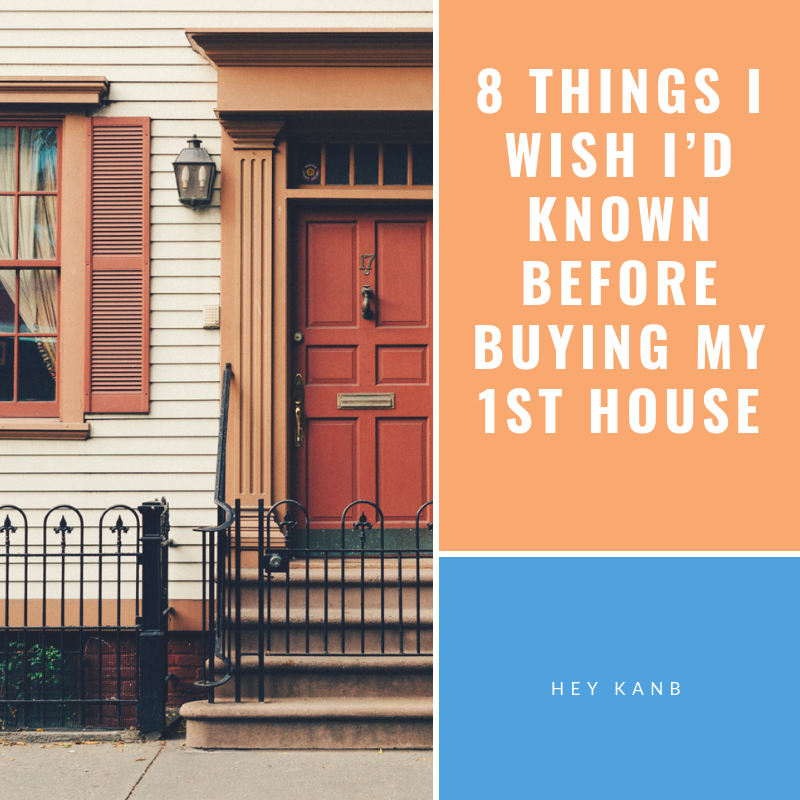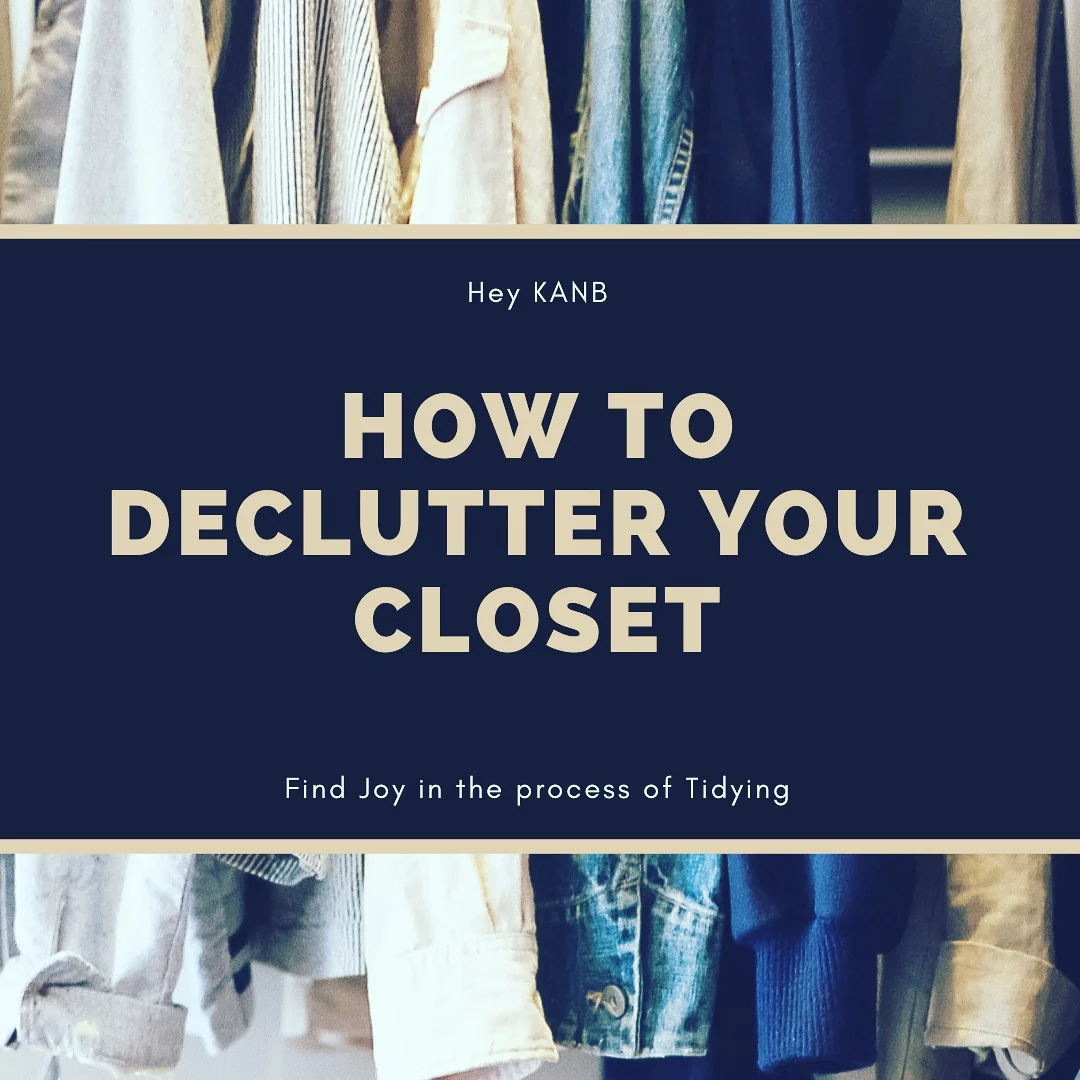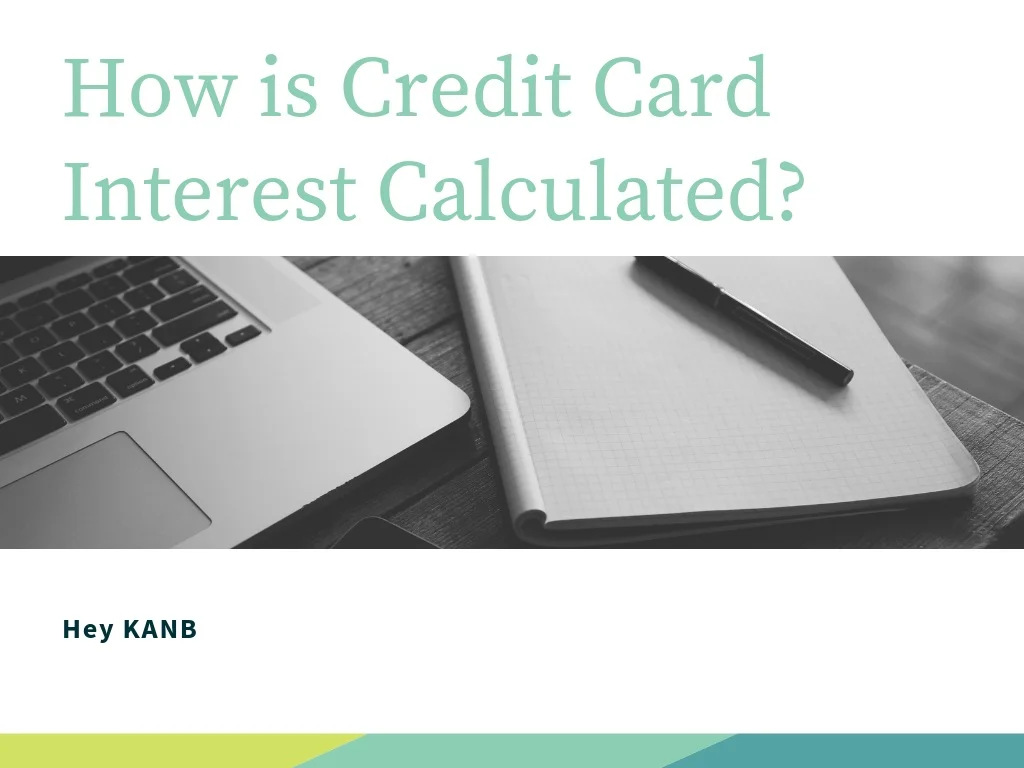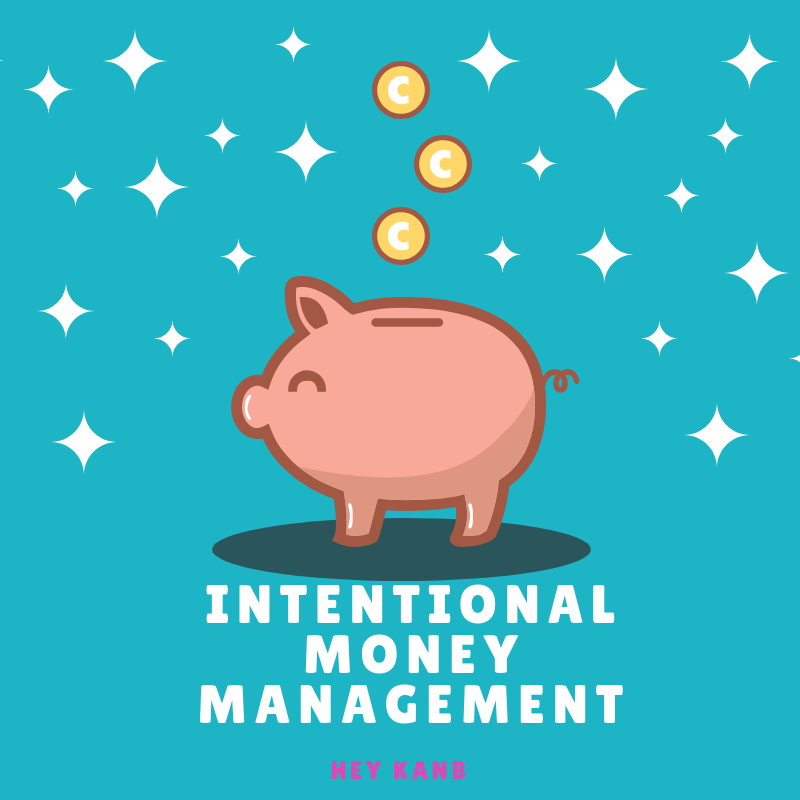What is credit? Credit is the ability of a person to ‘buy’ something based on the agreement that they’ll pay later.
Credit is great, it allows us to buy goods that we could not otherwise afford – but it can lead to debt.
Let’s talk about debt. First off, what is it? Debt is typically money that is owed to a person or business. I think we’re all familiar. We can use our credit card to buy things and then we pay it when the bill comes, or we can take a loan out for a home or car and pay it off over a time.
Great, we get to have the things we want earlier because we can use our future paychecks to pay it off. Awesome! Right?
Arguable. This immediate gratification can really get us into trouble. Spending $100 on your credit card is fine if you pay it off, but if you fail to pay it completely off before you are charged interest you’ll end up paying more than the $100 you originally spent and you’ll likely be paying it off long after you’ve forgotten what it was you spent that money on. In some cases, you may have spent hundreds on stuff you ended up throwing away or losing – and you still must pay for it. Ugh. We call this Bad Debt, and it can be avoided with smart money management.
Bad Debt is debt that ends up costing you more than what it’s worth – think depreciating assets or those pesky credit cards.
That’s not the end of the story though, because now I want to mention Good Debt.
Is there such a thing as Good Debt? There are a two opposing views. One view believes simply that there is no such thing as good debt, while another school of thought seems to think that Good Debt is debt that you have leveraged in order to increase your overall wealth or value – think buying a house.
You may be thinking, “okay, great. So, what?”
Here’s why you should care. If you want to be financially free and not stress about how you’re going to pay the bills every month you need to pay attention to this Good Debt – Bad Debt theory. Your goal should be to a) not add anything to Bad Debt, and b) eliminate your Bad Debt. You don’t need Good Debt – especially if you aren’t comfortable with having debt. However, Good Debt can help propel you into a stronger financial status, but only if you do it right. Good Debt is considered an investment in your future – so student loans can qualify as Good Debt.
If this is new to you, you should start tackling that Bad Debt as soon as you can. It could be costing you hundreds or thousands of dollars. Most credit cards have interest rates upwards of 15-30% and that means if you don’t pay your balance off every month, you’ll pay WAY more than what the price tag said.
Say you have balance of $3,000 on a credit card that month and you don’t pay it off. If your interest rate is 25% - you are probably paying $61 in interest that month – just for holding that balance! I explain how credit cards charge interest in a previous post, and it is seriously something you want to know.
Let me wrap up with this, many people believe there is no such thing as Good Debt. Their rational is thus: “Debt means owing money to another, and that means I cannot reinvest that money back into myself. I start my life with an anchor around my neck (student loans) that can lead to accepting the first job offer I receive instead of holding out for a higher paying job because I must make payments on my student loans as soon as possible. Borrowing money for a house means I’m at risk if the housing market crashes (like it did in 2008) and I could lose everything (house and anything you’ve paid on it) if I lose my job.”
It’s important to remember that personal finance – is personal. What works for me may not work for you. I may accept different risks than you want to, and we probably value slightly different things, so we may not want to borrow money for the same types of things.
However, it is important to learn about personal finance, so you can make educated decisions that are right for you. Therefore, I’ll try to give you both sides of the story with differing views and opinions, because we all have learning to do – including myself.
As always, I am but a work in progress.
Cheers.





